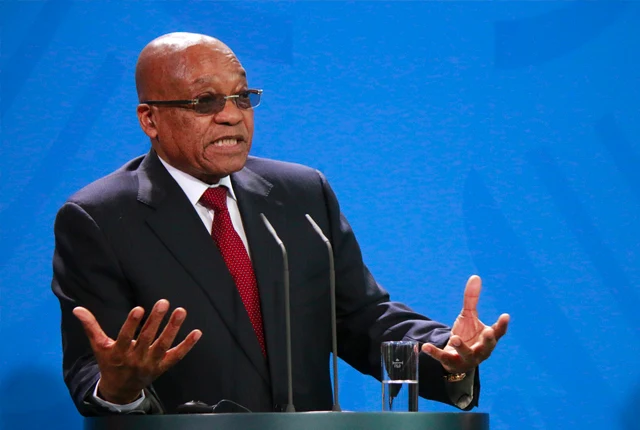Economic Development Minister Ebrahim Patel: 'We want to say to fellow black South Africans ‘get into the economy — build things and make things.’ Picture: TREVOR SAMSON
THE government is intent on increasing competitiveness in SA’s economy through preferential procurement and developing black industrialists, says Economic Development Minister Ebrahim Patel.
Empowerment through equity alone has limited value, and black South Africans must be able to produce goods and services using localised inputs for sale in SA and the rest of Africa, he said on Monday on the sidelines of the results presentation of the Industrial Development Corporation (IDC).
"If we don’t watch (the creation of black equity stakes in businesses) carefully it simply becomes like a tax on companies. We want to say to fellow black South Africans ‘get into the economy — build things and make things’," he said.
The IDC said on Monday it had spent R5.9bn on 85 empowerment transactions in the 2014-15 financial year. This was more than half of the total R10.9bn disbursed during the year, which was close to the previous year’s R11.2bn.
The development finance institution raised borrowings from R21bn to R24bn, increasing financing costs in the period. Operating profit fell 60%, but profit for the year rose a marginal 1% on gains in equity accounted investments.
IDC chief financial officer Gert Gouws said total impairments had declined. But the corporation had made a book loss of about R17bn on its investments in blue-chip companies amid the global commodities rout. These included big losses on Kumba Iron Ore, Sasol and steel maker ArcelorMittal.
However, there was still plenty of financing headroom, despite the IDC’s debt to equity ratio in the year rising to 27% from 20%. The board had a mandated debt to equity ratio of 50%, he said.
Mr Patel reiterated that the IDC would spend R23bn to fund more than 100 black industrialists within the next three years.
This was about 22% of budgeted IDC investment over the next five years.
Another R4.5bn would be spent on women and youth-empowered businesses each.
The IDC had boosted industrial funding over the past five years to R61bn and would raise this to R100bn in the next five years.
Private sector contributions should double this amount, on the basis of a historical ratio of R2 of private sector funding for every R1 of IDC spending over the past decade.
In the past 21 years the IDC had provided R28bn to black-owned businesses, and more than R53bn for general black economic empowerment.
In the last financial year it had refocused spending from renewable energy to manufacturing, mining and infrastructure.


